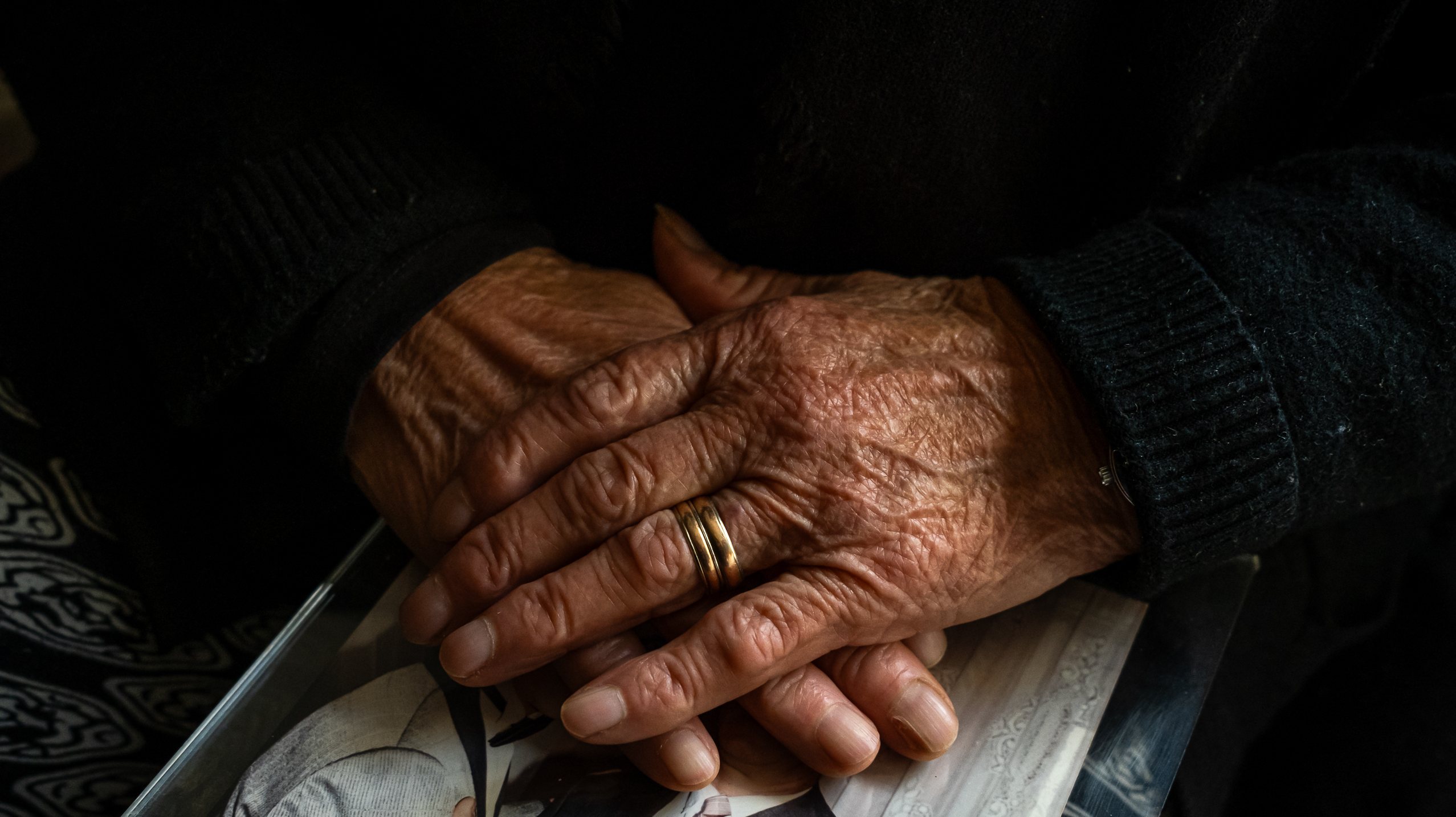The likelihood that an elderly person will not be able to buy all the medicines they need more than doubled between 2021 and 2023, a financial hardship that inflation may have exacerbated, according to a study published on Friday.
“After a decrease in the probability of not acquiring all the necessary medicines between 2017 and 2021, in recent years there has been a worsening of this indicator of access to healthcare,” warns the report on ageing prepared by researchers Pedro Pita Barros and Caroline Santos.
According to this study, carried out within the framework of the Social Equity Initiative, a collaboration between the La Caixa Foundation, BPI and Nova SBE, among older people, the probability of not acquiring all the necessary medicines It was 3.93% in 2021, having increased to 9.01% in 2023That is, it more than doubled during this period.
“This suggests that, in 2022 and 2023, general inflation may have aggravated the financial difficulties of the population, in terms of their ability to acquire the necessary medicines to treat an episode of illness,” a situation that will be accentuated in 2022 and 2023. higher age groups, the document states.
Half of needy families with children do not buy all the medicines they should
For people aged 65 or over, the probability of not acquiring all the necessary medicines is 2.1% for respondents from socioeconomic strata A and B, but rises to 26.67% among older people from the most disadvantaged socioeconomic stratum (level E).
In other words, comparing these two groups, older people from the most disadvantaged socioeconomic strata “are approximately thirteen times more likely to not buy all the medicines they should,” the report also highlights.
The document also states that financial barriers to accessing necessary health care can influence not only the decision to buy medicines, but also the citizen’s own decision to go to an emergency room or a doctor’s office.
He also points out the case of general and family medicine, an area in which all age groups “are being negatively affected by lack of family doctors” In Portugal.
“In 2020, the probability of an elderly person being assigned a family doctor was 94.86%, while in 2023 it was only 81.13%, which corresponds to a reduction of 13.73 percentage points,” the researchers warn.
According to the study, it is not only age that determines unmet health needs, but also the socioeconomic characteristics of individuals.
However, “since the situation of financial scarcity among older people is more significant than in the other two age groups analysed, difficulties in accessing healthcare tend to be greater among older people,” the document states.
In 2023, 14.20% of older adults surveyed reported not acquiring all the medications necessary to treat the episode of the disease, a percentage that was 6.73% in adults aged 15 to 49 years and 9.29% in adults aged 50 to 64 years.
“The higher incidence of unmet needs for medicines among older people is largely due to the greater economic deprivation of this age group,” the document states.
In light of this, the researchers argue that mitigating unmet health needs “requires us to act to reducing poverty among older people and consider measures to support the acquisition of more comprehensive medicines for this population group.”
More than 136 thousand poor elderly people have already received immediate discounts on the purchase of medicines
In 2001, the population aged 60 and over represented 21.67% of the population residing in Portugal, but in 2021 this age group already corresponded to 30.24%.
In 2070, the population aged 60 or over is expected to represent 39.21% of the population residing in Portugal, according to Eurostat data.
Source: Observadora
